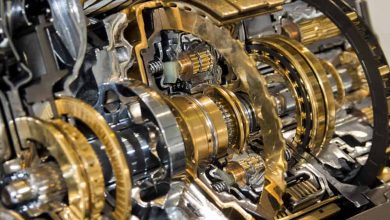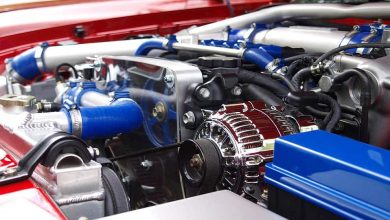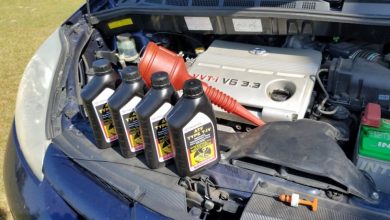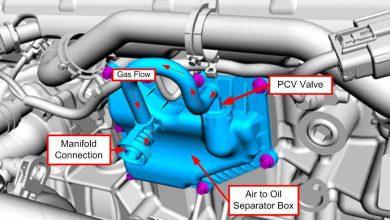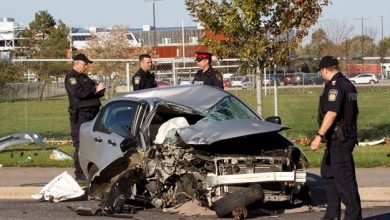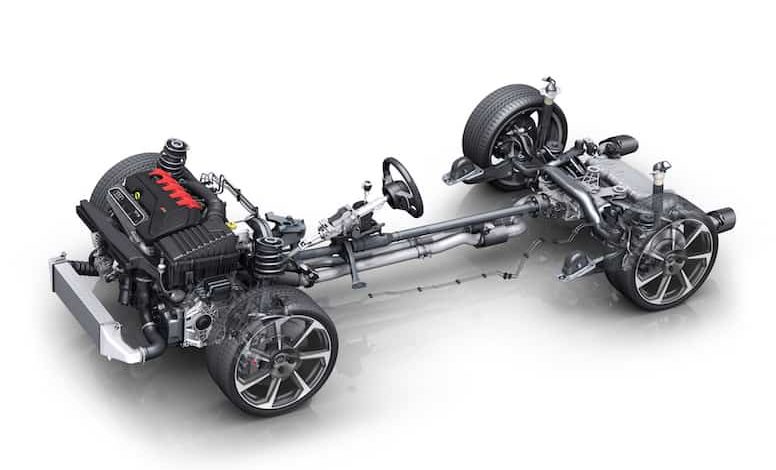
A drivetrain may be the least understood part of a car. This is due to various factors, including the fact that the term “drivetrain” is often used interchangeably with powertrain and driveline.
Driveline, Drivetrain, Powertrain
Technicians sometimes refer to driveline, drivetrain and powertrain interchangeably when referring to the drivetrain system of an automobile. This can cause confusion, but in essence, all of these terms describe the same system within the vehicle.
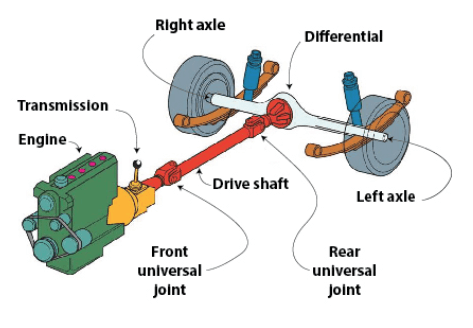
The powertrain in a vehicle is composed of everything that makes the vehicle move. This includes everything from the engine to the transmission to all the parts that allow the power from the engine to get to the wheels. A vehicle’s driveline consists of all of the powertrain’s components except for the engine.
The drivetrain is the part of a motorized vehicle that connects the engine and transmission to the wheel axles.
The driveline includes everything in the chain from the engine to the drive wheels, but the drivetrain consists of everything after the transmission — all driveshafts, axles, joints, differentials and wheels.
The Drivetrain
The drivetrain includes the transmission, the driveshaft, the axles, and the wheels. Simply put, it works in connection with the engine to move the wheels. This complex system includes the transmission, driveshaft, and axles and sometimes other parts depending upon the vehicle. The drivetrain system is an essential component of a vehicle and the transmission is an integral part of the drivetrain. You must always buy an Original Equipment Manufacturer (OEM) drivetrain with a drivetrain warranty.
While it’s unusual for all of these parts to malfunction or break down at one time, time takes its toll and you may someday find yourself in the position of having to replace one or more of the drivetrain parts. But how can you ensure that the new components will fit properly together and endure over the long haul?
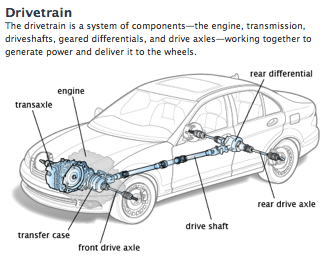
Parts of a Drivetrain
The drivetrain is comprised of a collection of components in a vehicle that transfers power from the transmission to the wheels/drives it forward. These components include the driveshaft, CV joints, the differential, the axle shafts and the U-joints.
- A driveshaft is a long tube of steel that is linked to a car’s transmission at one end and the wheels at the other. It transfers the mechanical power from the transmission to the other components of the vehicle.
- A U-joint, or universal joint, is a flexible pivot point that transmits power allowing for varying angles of the driveshaft.
- CV joints, or constant-velocity joints, are part of the driveshaft. These joints are designed to be able to bend in any direction while continuing to turn the drive wheels at a constant velocity.
- The differential is where the power makes its last stop before spinning the wheels (see ‘How Differentials Work’).
- Axle shafts are a single rotating shaft, on either side of the differential, which delivers power from the final drive assembly to the drive wheels.
Somethings to look out for to make sure you’re getting a high-quality drivetrain include:
Transmission: When it comes to the transmission, this component is costly and hard to fix. Rebuilds are common because a new one can run into thousands of dollars. Just be sure to verify the reputation of the professional mechanic who does the rebuild. And don’t forget to get a warranty.
Make sure the driveshaft is OEM or OE-replacement rated: These are normally made of steel and should have high-quality CV joints attached, with CV boots made of high-quality materials like neoprene for maximum moisture protection.
Choose one-piece axle construction over two-piece: These are more durable and long-lasting. Avoid friction-welded two-piece axles at all costs, as they tend to break much more easily than forged welds.
Reputable brand: If you go with aftermarket parts, try to get them all in the same (high quality, reputable) brand for the best possible fitment.
Warranty: Shop around for the most trustworthy warranty – not only on the drivetrain parts but on the workmanship as well. These parts are costly items and you don’t want to toss away your money on unreliable parts or labour.
Repairing or replacing the drivetrain is a significant task, you should let a professional mechanic tackle this work for you.


